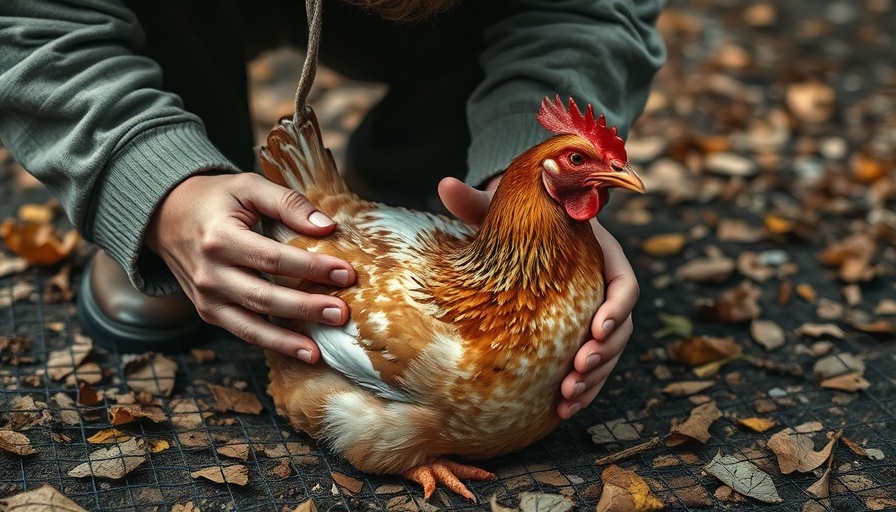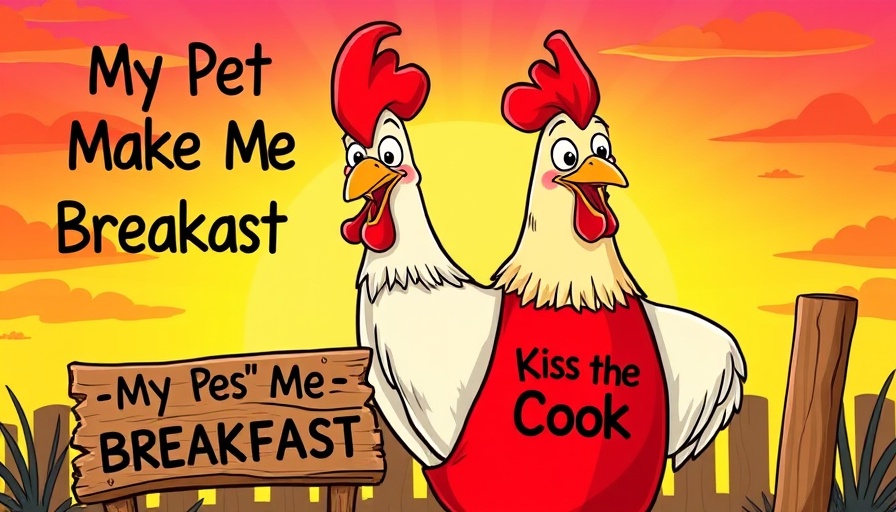
Recognizing Symptoms: The Key to Chicken Health
When it comes to the health of backyard chickens, recognizing the symptoms of illness is crucial. Chickens, by nature, are adept at hiding their discomfort, making early detection essential for successful recovery. Common signs to look out for include lethargy, loss of appetite, abnormal droppings, and respiratory issues such as coughing or sneezing. Observing these signs is not just important for the individual hen, but pivotal for the entire flock’s well-being. If your hen exhibits any of these symptoms, taking immediate action is paramount.
Immediate Steps to Rescue Your Hen
Once you notice your hen is unwell, isolation is your first step. Creating a warm, quiet environment away from the rest of your flock allows for close monitoring and prevents the potential spread of illness. Maintaining proper hydration is equally vital. Dehydration can be fatal, so ensure that your hen has easy access to fresh, clean water. Supplementing with electrolytes can significantly help in restoring her strength. Keeping the sick hen contained and comfortable can lead to a quicker diagnosis.
What to Feed a Sick Chicken: Nourishing from Within
Diet also plays a major role in recuperation. Providing a nutritious diet specially formulated for sick chickens is essential. A soupy mash made from poultry feed can stimulate appetite while ensuring that she receives much-needed nutrients. If she refuses to eat, softer treats like mashed fruits or cooked eggs can be introduced. However, any significant changes to her diet should be approached with caution to avoid exacerbating the issue.
When to Consult a Veterinary Professional
While many sicknesses can be treated at home, certain circumstances call for professional intervention. If your hen's condition does not improve within a few days, or if her symptoms worsen, reaching out to a veterinarian is critical. Diseases like Avian Influenza and other communicable illnesses require immediate attention to safeguard the rest of your flock and prevent the spread of disease.
Preventive Measures: Keeping Your Flock Healthy
Preventing future illnesses in your flock boils down to good practices. Regular cleaning of the coop to inhibit the growth of bacteria, and ensuring your chickens receive a balanced diet rich in vitamins and minerals are foundational steps. Monitoring your flock closely for any signs of illness also guarantees swift action can be taken when needed. Healthy chickens are happy chickens, and by understanding how to respond to illness, you can ensure the longevity and well-being of your avian companions.
Taking care of a sick hen might seem daunting, but with the right knowledge and immediate action, you can facilitate her recovery and protect your flock's health. Are you looking to dive deeper into chicken care? Join expert forums and discussions to share experiences, learn more, and support fellow poultry enthusiasts in nurturing their feathery friends.
 Add Row
Add Row  Add
Add 




Write A Comment